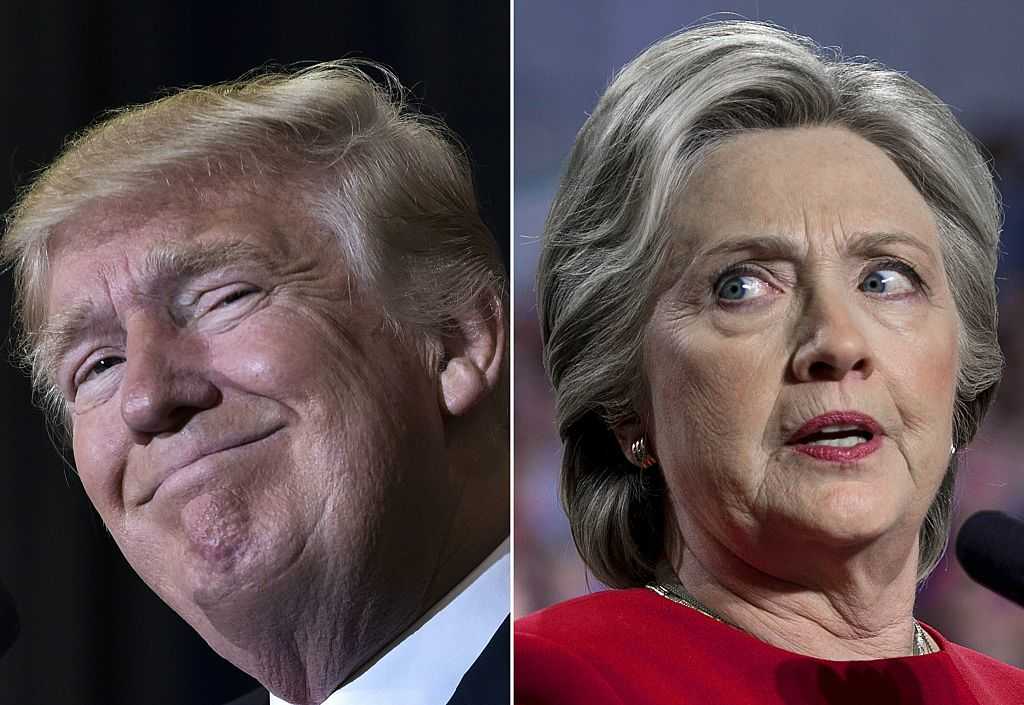The 2016 presidential election was the most contentious in recent memory, but chaos surrounding the intense showdown between Republican Donald Trump and Democrat Hillary Clinton apparently didn’t carry over too fervently into U.S. churches.
Consider that only 14 percent of voters who attended religious services at least one time per month said they received information on candidates or political parties inside their houses of worship. Additionally, only 5 percent said they were encouraged to vote in a specific way by pastors and other clergy members, according to new data from the Pew Research Center.
Overall, 2 percent of voters who regularly attended church services said they were encouraged to vote for Republicans— and 2 percent said they were encouraged to vote for Democrats.
And it appears faith groups didn’t make a big splash among the electorate at large, with just 6 percent of overall voters saying they were contacted by religious organizations during the campaign.

There are some differences, though, among religious adherents that are worth noting, with white evangelicals and Catholics reporting higher percentages for these indicators than white mainline Protestants.
While 22 percent of Catholics and 16 percent of white evangelicals who went to church at least monthly received information on political parties or candidates, only 5 percent of white mainline Protestants said the same, Pew reported.
But perhaps most notable is this line in the Pew report: “Among all voters who attend worship services monthly or more, these figures are virtually unchanged from the 2012 and 2008 presidential election years.” Clearly, not much has changed from recent election cycles.
This data is important for a variety of reasons. First and foremost, it explains how churches and pastors handled the contentious election cycle. But the data also reinforces the notion that churches tend to abide by Internal Revenue Service regulations that bar them from endorsing candidates.
The so-called Johnson Amendment is a controversial provision that bans any 501(c)(3) tax-exempt nonprofit from endorsing candidates, including nonreligious charities that also have this same designation. As Deseret News reported, the idea behind the regulation is that organizations which are tax-exempt shouldn’t be able to help elect — or campaign against — candidates.
In recent years, some pastors and churches have openly defied the provision, arguing it hampers the free speech of churches and organizations, though the Pew data seems to show that most houses of worship are seemingly abiding by the rules, regardless of where faith leaders stand.
—
Other Must-Read Stories:
– Hilarious or Sacrilegious? This ‘Hipster Nativity’ Scene is Causing Quite a Stir
– Here’s What Happens When Churches Don’t Regularly Teach From the Bible
– Man Born With No Arms and No Legs Is About to Deliver a Powerful Message to Inmates Across America



